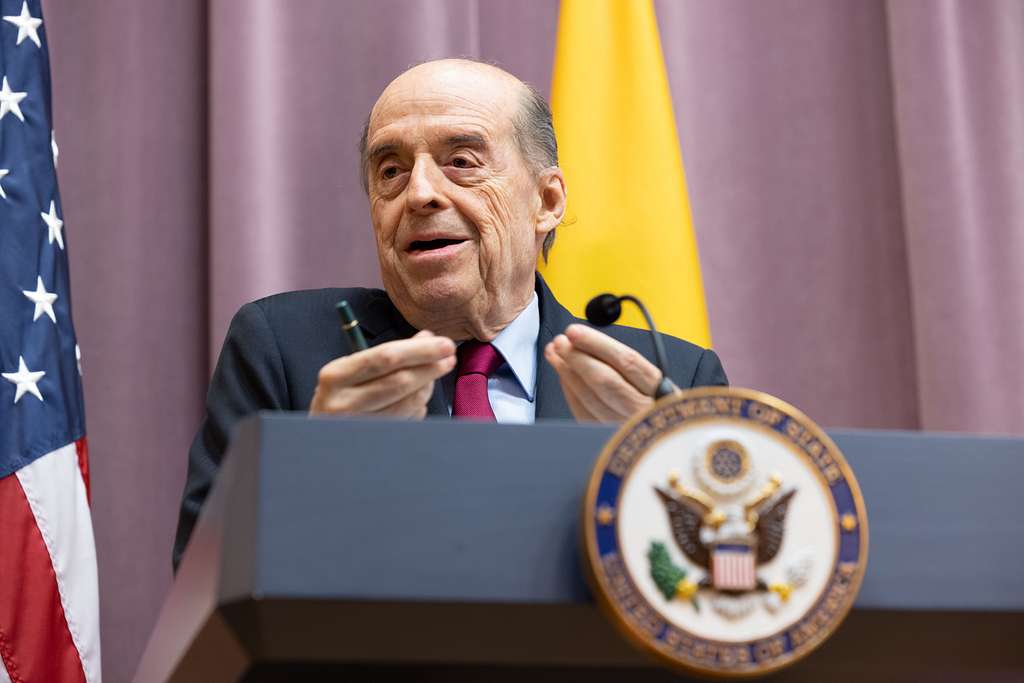By Edgar Aguilar
The failure of Ecuador’s Yasuní-ITT Initiative in 2013—an internationally recognized proposal to leave oil in the ground in exchange for global compensation—sparked a nationwide civic response. Civil society actors mobilized not only to oppose oil drilling in Yasuní National Park but to redefine what environmental governance could look like in Ecuador’s constitutional context.
Indigenous federations condemned threats to ancestral territory and the rights of uncontacted peoples. Environmental organizations cited Yasuní’s status as one of the most biodiverse regions on Earth. Youth activists framed the issue around climate justice and generational rights. Meanwhile, oil producing communities, local governments and the state oil company defended drilling as a source of critical state revenue and social investment.
In this context, YASunidos was born. Formed in 2013 by a coalition of artists, students, lawyers, environmentalists, and Indigenous youth. YASunidos set out to trigger a national referendum to halt extraction in Block 43. By early 2014 it collected over 756,000 signatures—well above the legal threshold. Yet Ecuador’s National Electoral Council invalidated more than half on technical grounds, effectively blocking the referendum.
Over the next decade, YASunidos evolved. Faced with institutional barriers, the group pursued a multi-pronged strategy: legal challenges in domestic and international courts, cultural campaigns, public education, and transnational alliances. Their demands were anchored in Ecuador’s 2008 Constitution, which enshrines both the Rights of Nature and participatory democracy, a globally unique legal foundation that positioned extraction in Yasuní not only as an environmental threat but as a constitutional violation.
Crucially, YASunidos helped keep the issue in the national spotlight. Even when the media cycle moved on or administrations changed, they maintained public pressure. Through sustained outreach and alliances with indigenous federations, human rights defenders, and global environmental networks, the group broadened its message and constituency. Rather than frame Yasuní as a niche ecological issue, they positioned it as a symbol of the country’s democratic and development crossroads.
That civic pressure paid off. In May 2023, Ecuador’s Constitutional Court approved a binding referendum on oil drilling in Block 43. On August 20, nearly 60 percent of Ecuadorian voters opted to halt extraction, which marked the first time a national electorate democratically voted to leave oil in the ground. The result was globally unprecedented, representing a major step in participatory environmental governance.
Still, the vote revealed important nuances. In oil-producing provinces like Orellana and Sucumbíos, where jobs and infrastructure depend on extraction, a majority voted to continue drilling. These regional differences underscored a key tension: while many voters perceived few benefits from extractive activity despite its costs, others remain economically dependent on it. Civil society’s challenge was—and remains—to articulate a just transition that resonates across these divides.
Following the vote, the Ministry of Energy announced plans to decommission the Ishpingo B-56 well, beginning a phased shutdown of Block 43. The court-mandated timeline requires full dismantling within one year, though the Energy Ministry estimates the process will take five years and cost over $1.3 billion. Whether the state follows through remains uncertain, which makes the ongoing need for civil society oversight critical.
The Yasuní case shows how civil society can do more than resist. It can reshape national debates. YASunidos didn’t just oppose drilling; the coalition reframed it as a matter of constitutionality and democratic participation. By grounding its message in Ecuador’s legal framework and sustaining civic pressure over time, it turned an aborted referendum into a test of the country’s democratic and legal architecture.
The coalition’s success also underscores the value of adaptability. When formal avenues were blocked, YASunidos shifted tactics. They combined litigation, media, and grassroots organizing, without losing focus. Few civic movements sustain relevance over a decade, let alone drive constitutional interpretation and national decision-making. YASunidos did both.
Finally, the decade-long social discourse around Yasuní demonstrates that public debate matters. It was not just a legal battle, but a cultural and moral one about how Ecuador defines development and whose voices count. The 2023 referendum wasn’t the end of that conversation, but a civic milestone in a much longer struggle.
As Ecuador begins to implement the results of the referendum, civil society remains a critical force not only in holding the government accountable but in imagining and advancing alternatives that confront the complex realities on the ground. In many oil-producing regions, communities have received some benefits—such as jobs or infrastructure—but have also shouldered the heaviest environmental and health burdens. The perceived gains have often been limited, unevenly distributed, and insufficient to justify the long-term damage. YASunidos demonstrated that civic engagement can do more than just oppose extractivism. It can defend rights, reframe national debates, and build lasting democratic momentum.
Edgar Aguilar is a Researcher at the Center for Latin American and Latino Studies and a graduate student in International Economics at American University
Edited by Rob Albro, Associate Director, Research, at the Center for Latin American and Latino Studies
*This post continues an ongoing series, as part of CLALS’s Ecuador Initiative, examining the country’s economic, governance, security, and societal challenges, made possible with generous support from Dr. Maria Donoso Clark, CAS/PhD ’91.


